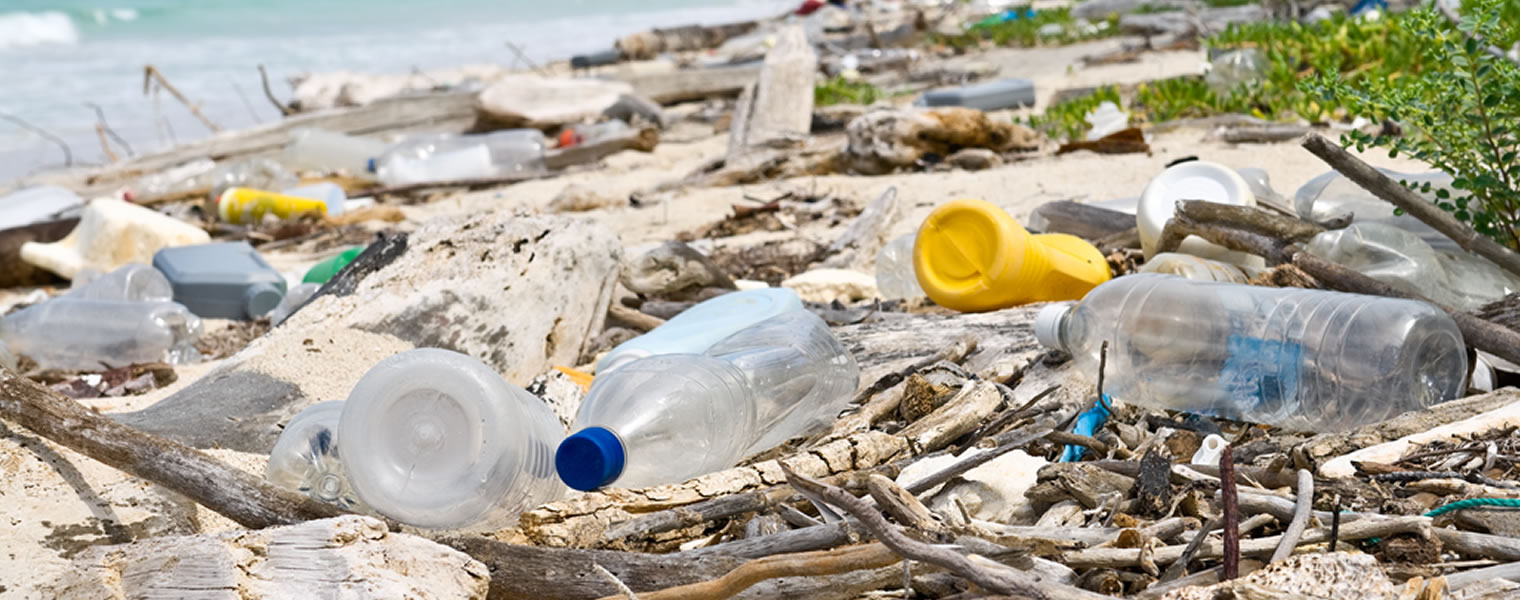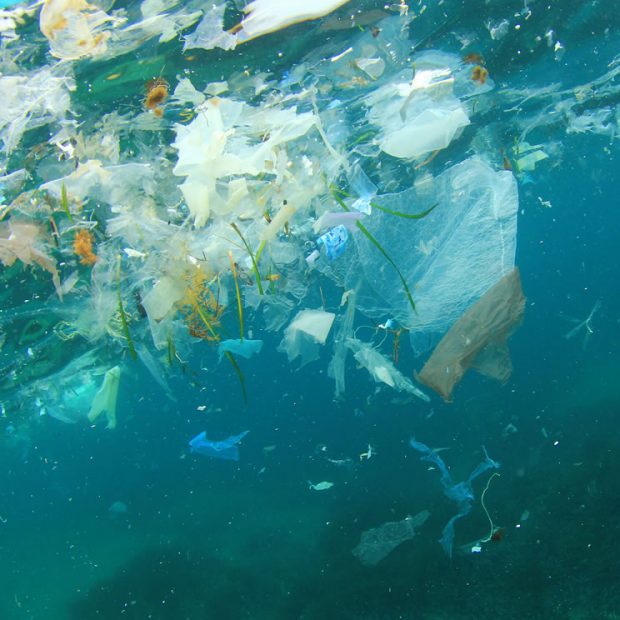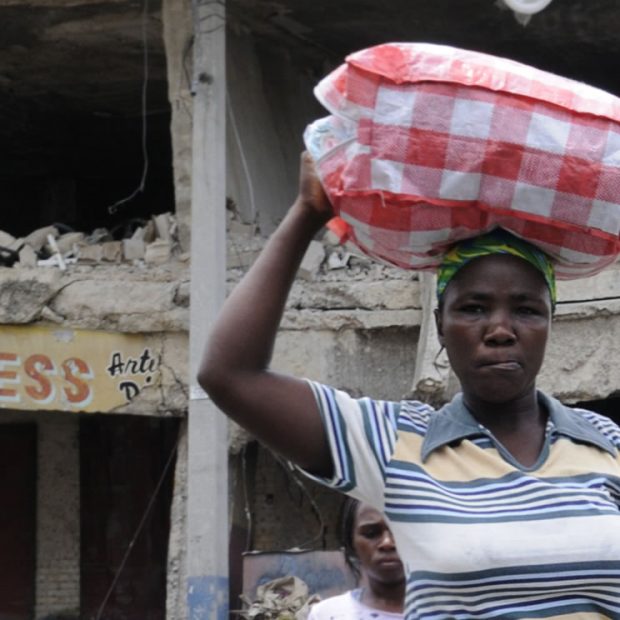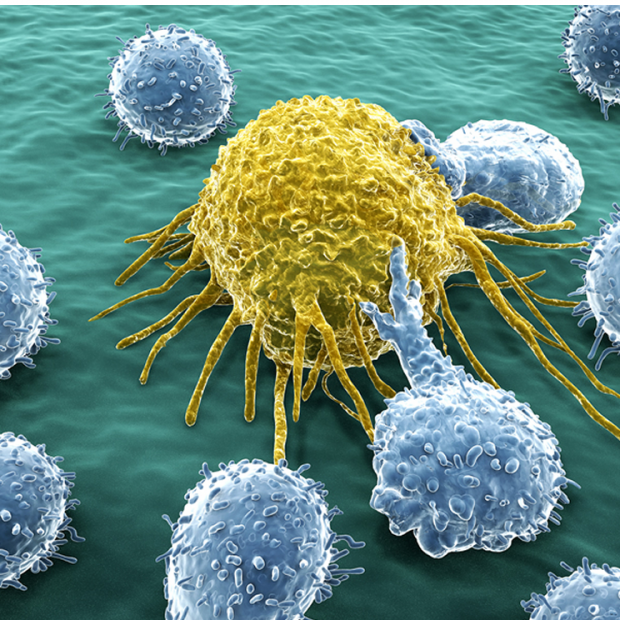Hartley News Online Your alumni and supporter magazine
An estimated 12.7 million tonnes of plastic – everything from plastic bottles and bags to microbeads – ends up in our oceans each year. That’s a truck load of rubbish a minute.
It is also reported that millions of tonnes of UK plastic sent abroad for recycling may be being dumped in landfill instead. Frustrated by the situation, Nic Pratt, Senior Marine Biology Technician in Ocean and Earth Science (OES), went on a crusade to cut single-use plastics from her life.
Working in OES at the National Oceanography Centre Southampton, a world leader in ocean health and conservation, Nic felt she should practice what she preached: “It doesn’t sit well with me that as scientists we tell people we all need to change our ways because of the impact we have on the environment, but then not actually doing it ourselves.
“So over the past year, bit by bit, I created a hit list of single-use plastic items that plastic-free alternatives could replace,” says Nic. “This finally culminated in the Marine Conservation Society’s Plastic Free July Challenge. I attempted to live without any single-use plastics for a month, and since then, I haven’t looked back!”
Living ‘plastic free’ can be a challenge, especially during the Christmas period. Nic kept true to her new lifestyle: “I told my family not to buy me presents at all.” She offers the following advice on gift giving, which is relevant all-year-round:
“As far as you can, buy a present that isn’t made of plastic or wrapped in plastic. Try and buy one that could be useful as well as enjoyable or give money to the person’s nominated charity. You could even give an experience or your time, instead of a physical gift.
“When wrapping presents use paper that can be recycled such as brown paper. Use paper tape not plastic sticky tape; string rather than plastic ribbon.”
Committed to reducing plastic waste
As a University, we have committed to reducing plastic waste across all our campuses. For example, in a five-month period Catering Services removed or substituted: 300,000 plastic-coated single use coffee cups and lids; 95,000 plastic water cups; 92,000 items of plastic cutlery; and 2,500 plastic straws. But as a community we could do more; we all have a responsibility to live and work in a sustainable way.
While on her ‘plastic-free’ journey, Nic has also realised that some of her efforts to reduce single-use plastic were at odds with reducing her carbon footprint. “Driving to a farm shop to buy produce without any packaging, can be more detrimental in terms of fuel to get there than the plastic itself,” she says. And of course, cars are a big problem themselves. There is an estimated 98 times more microplastic waste by weight being generated by vehicle tyre wear than by cosmetic products use in the UK.
“I am a huge proponent of reducing plastic waste wherever we can, but we must also not lose sight of the other urgent environmental challenges that we face – such as climate change.
“We need to make the right changes to reduce our plastic footprint, which are going to have greatest positive impact on our environment in the shortest possible time frame. And these changes need to be accessible and affordable for all.”
The plastic revolution can only start with pressure from us, the consumers. If you feel inspired by Nic’s plastic-free story, why not try to cut out plastic from your life?
Have your say
The poll in this article is optional and anonymous. The polls are covered by Ethics 17326.



